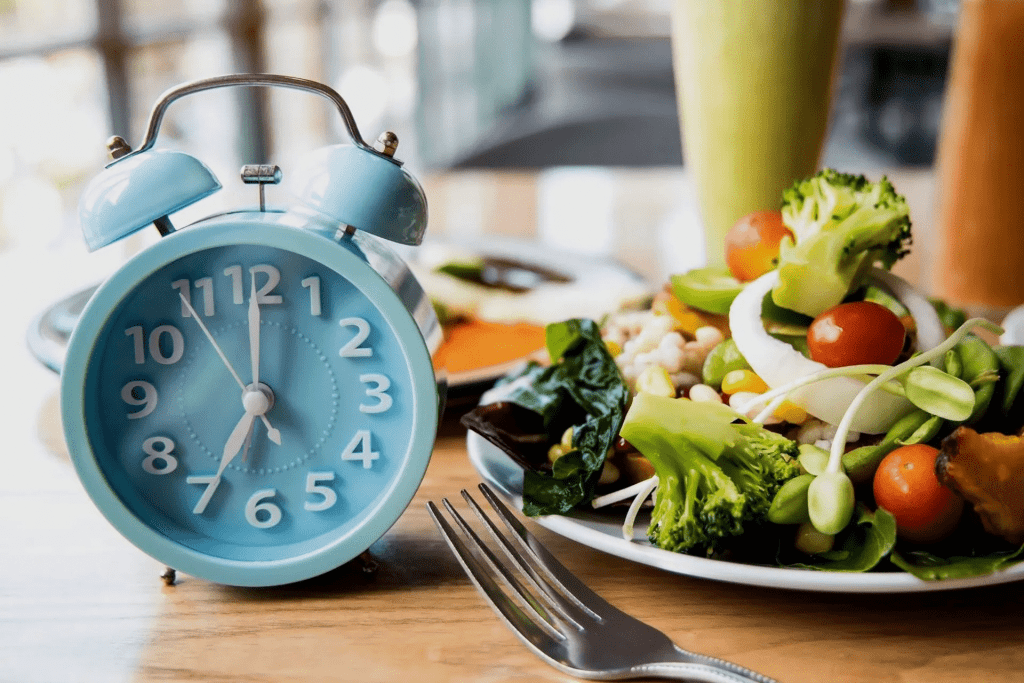Imagine hitting a reset button on your body. No pills. No gym. Just… water and time. That’s exactly what a 72-hour fast can feel like. It might sound intimidating, but science is now showing that short-term fasting, when done safely, can do more than help you lose a few pounds. It can regenerate your immune system, clean up your cells, and make your body more resilient.
Ready to learn how skipping food can kickstart healing from the inside out? Let’s break it down.
What Happens to Your Body During a 72-Hour Fast

When you stop eating for a prolonged period—like 72 hours—your body doesn’t just sit idle. Instead, it activates a deeply rooted survival mechanism that starts repairing rather than just maintaining. This process is called autophagy.
Autophagy literally means “self-eating,” but don’t panic—it’s not what it sounds like. It’s your body’s way of cleaning house: breaking down damaged cells, recycling waste, and clearing out dysfunctional components. Think of it as spring cleaning for your biology.
But here’s the best part: this doesn’t just make your body more efficient. It also stimulates stem cell production, reboots your immune system, and improves metabolic health.
Before the Fast: How to Prepare Your Body
Don’t jump straight into a 72-hour fast from a diet filled with pasta, soda, and desserts. You’ll crash hard. Instead, ease into it like you would a cold pool—slowly.
- Reduce carbs: A few days before your fast, start lowering your carbohydrate intake and bumping up healthy fats like avocados, nuts, and olive oil. This nudges your body toward using fat for energy—a state known as ketosis.
- Eat lighter meals: On your last day before fasting, stick to soups, salads, and broths. This helps your digestive system slow down and adjust.
- Mental prep: Fasting isn’t just physical. Expect cravings, boredom, or the urge to quit. Remind yourself why you started and that it’s temporary.
Video : 3 DAY WATER FASTING—Clean the brain and reset your Energy.
During the Fast: What You Can (and Should) Consume
You’re not eating food—but that doesn’t mean you’re taking in nothing. Hydration is key.
- Water: Drink at least 2–3 liters per day. Water flushes out toxins and keeps you energized.
- Electrolytes: Add a pinch of quality sea salt or Himalayan salt to your water to prevent headaches, dizziness, or muscle cramps.
- Black coffee and tea: These are great if you need a mental boost and won’t break your fast.
- Mineral water: Especially if you’re sweating or active.
You’re not trying to starve yourself. You’re giving your body a break from digestion so it can focus on healing.
Breaking Down the Fast by Day
Let’s go hour by hour to understand what your body’s really doing during this journey:
- 0–24 Hours: Your glucose (sugar) reserves are depleted. You might feel tired or hungry. This is your body waving goodbye to sugar as its primary fuel.
- 24–48 Hours: Ketosis kicks in. Your body starts burning stored fat for energy. You’ll likely feel more focused and calm. Hunger starts to fade.
- 48–72 Hours: This is where the real magic happens. Autophagy skyrockets. Damaged cells get broken down and replaced. Your immune system begins to regenerate, especially if it was underperforming due to age or illness.
Bonus: Some people also report spiritual clarity or a stronger mind-body connection during this phase.
Why Autophagy Matters So Much

Here’s what makes autophagy special: it helps you live longer, feel better, and avoid chronic diseases. When you fast, you give your body a rare opportunity to destroy harmful proteins and cells—like those that contribute to inflammation, cancer, or even Alzheimer’s.
It’s like cleaning out a cluttered garage—except in this case, your health depends on it.
The Immune System Reboot: Real Science, Not Hype
In a groundbreaking study from the University of Southern California, researchers discovered that prolonged fasting not only activates autophagy—it also stimulates new white blood cell production, which is essential for immunity.
After 72 hours, your body literally creates new immune cells, while flushing out the old, damaged ones. It’s as if you swapped out worn-out soldiers for a new, elite task force.
That’s why this type of fast is being studied for its potential to help cancer patients, slow aging, and improve autoimmune conditions.
After the Fast: How to Refeed Safely
Don’t celebrate your fast by eating a giant pizza. That will shock your system and undo all the benefits.
Instead:
- Break your fast with bone broth, light soup, or steamed veggies.
- Wait a few hours, then have a small, protein-rich meal like grilled salmon with greens.
- Over the next 24 hours, gradually reintroduce fats and more complex meals.
You want your digestive system to slowly wake back up—not get hit by a food truck.
Video : What Happens if You Eat NOTHING for 3 Days
So, Should You Try a 72-Hour Fast?
If you’re healthy and not on any medication, the answer might be yes. But always check with your doctor first—especially if you’re diabetic, pregnant, or have a medical condition.
And remember: fasting isn’t a magic bullet. It’s a tool. Use it wisely, alongside good sleep, real food, and movement.
Final Thoughts: Feed Your Body by Not Feeding It
Fasting goes against everything we’re taught about eating. But sometimes, less really is more. In those quiet, hungry hours, your body’s not starving—it’s healing. It’s rebooting systems, fixing what’s broken, and setting you up for a stronger, sharper, healthier you.
So next time you think about eating out of boredom or habit, ask yourself: What if the best nourishment is giving my body a break?
That 72-hour window might just be the reset your immune system has been waiting for.


